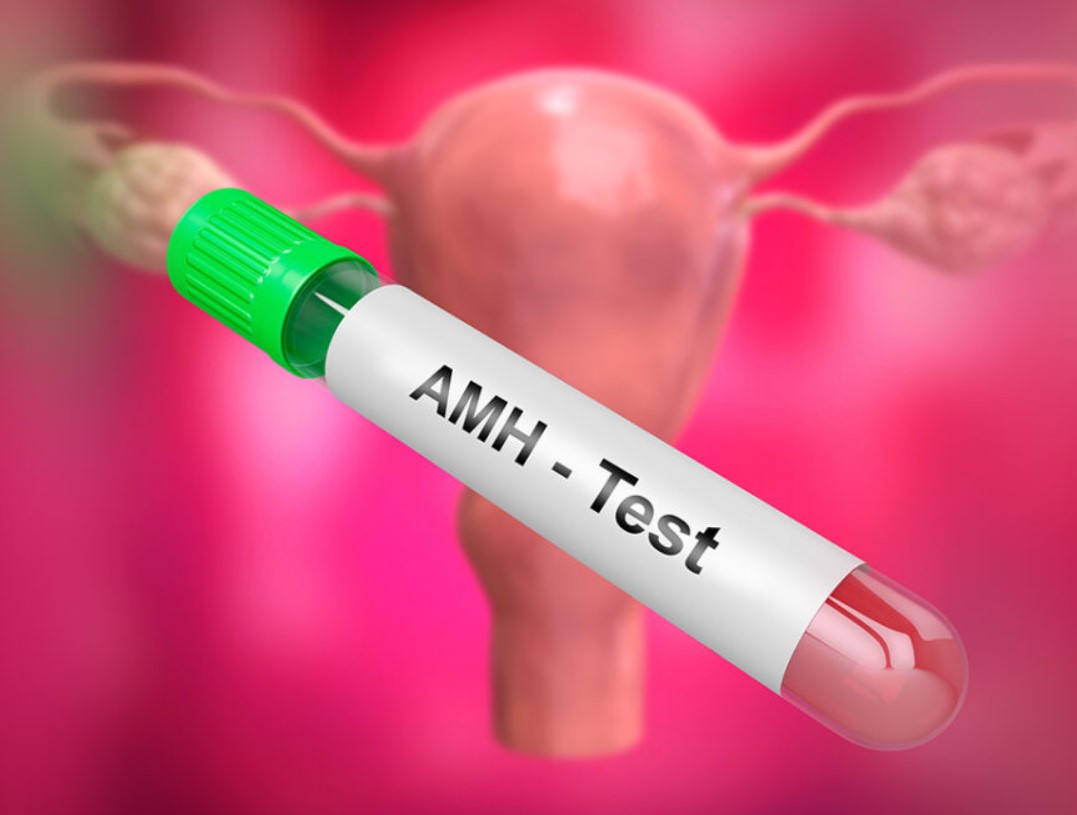The AMH Blood Test: A Comprehensive Guide to Ovarian Health and Fertility Assessment

In recent years, the Anti-Mullerian Hormone (AMH) blood test has gained significant recognition as a valuable tool for assessing a woman’s ovarian health and predicting her fertility potential. This test has become an essential resource for women and healthcare providers, offering insights into reproductive health and aiding in informed family planning decisions.
This comprehensive guide will delve deeply into the AMH blood test, elucidating its intricacies, importance, and key considerations you should be aware of if you contemplate undergoing this assessment.
Understanding the AMH Blood Test
The AMH blood test is a straightforward yet highly informative diagnostic tool. It involves measuring the concentration of Anti-Mullerian Hormone (AMH) in a woman’s bloodstream. The ovarian follicles produce AMH, those minute sacs within the ovaries where eggs mature.
The level of AMH detected in the blood provides a snapshot of a woman’s ovarian reserve, encompassing the quantity and quality of eggs remaining in the ovaries. A higher AMH level typically suggests a more robust ovarian reserve, while a lower level may indicate a diminishing reserve.
Significance of the AMH Test
Fertility Assessment
The primary purpose of the AMH blood test is to assess a woman’s fertility potential. By gaining insights into your AMH level, you can better understand how your ovarian reserve may impact your chances of conceiving.
Personalised Treatment in Assisted Reproductive Technology
The AMH test is critical in assisted reproductive technology, such as in vitro fertilisation (IVF). Physicians can use your AMH level to predict how your ovaries will respond to stimulation medications, tailoring treatment protocols to maximise the chances of success.
Informed Family Planning
For women who are contemplating delaying childbirth for various personal or career-related reasons, the AMH test serves as a valuable tool. It provides a projection of how many years of fertility potential you may have left, empowering you to make well-informed decisions about when to initiate family planning.
Key Considerations Before the Test
Before scheduling an AMH blood test, it’s essential to consider several key points:
Timing Flexibility
Unlike hormonal tests that require specific timing within the menstrual cycle, the AMH test can be performed anytime. This flexibility simplifies the testing process for both patients and healthcare providers.
Age-Related Variations
Recognise that AMH levels naturally decline with age. Women in their twenties and early thirties typically exhibit higher AMH levels than those in their late thirties and beyond.
Interpretation Variability
It’s worth noting that the interpretation of AMH levels can vary from one laboratory to another. Therefore, discussing your results with a qualified healthcare provider who can provide a comprehensive analysis within the context of your unique medical history and reproductive goals is crucial.
Comprehensive Fertility Assessment
While the AMH test provides valuable insights into ovarian reserve, it’s important to acknowledge that fertility is a multifaceted journey. Other factors, such as egg quality, uterine health, and male partner fertility, also play a pivotal role in overall fertility potential.
Conclusion
The AMH blood test has emerged as an invaluable tool for women seeking a comprehensive understanding of their ovarian health and fertility potential. It offers insights into ovarian reserve, aiding family planning decisions and optimising fertility treatments.
However, it is essential to recognise that a constellation of factors influences fertility, and the AMH test represents just one facet of the fertility assessment process. If you are considering the test, consult with a knowledgeable healthcare professional who can provide personalised guidance tailored to your specific circumstances and aspirations. This holistic approach will empower you to navigate your reproductive journey with confidence and informed decision-making, ultimately contributing to your reproductive and family planning success.




